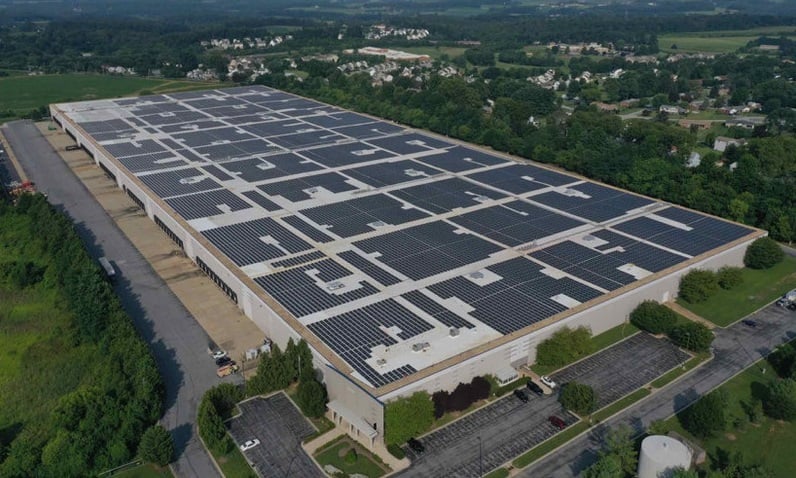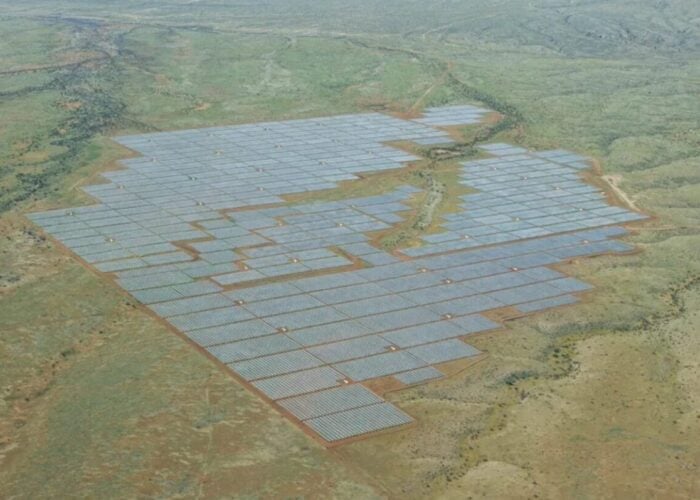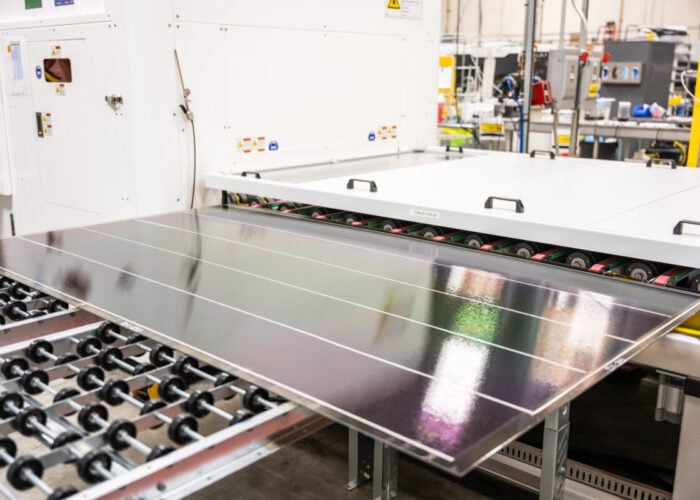
New legislation and fresh investors have made a significant impact on the US solar sector, according to Summit Ridge Energy (SRE) co-founder and chief operating officer Brian Dunn, who spoke to PV Tech Premium yesterday.
Dunn explained that “it’s always good to diversify your partners,” speaking in the wake of SRE expanding a financing deal with Japanese financier MUFG to raise US$275 million for 30 community solar projects in the US states of Illinois and Virginia.
Unlock unlimited access for 12 whole months of distinctive global analysis
Photovoltaics International is now included.
- Regular insight and analysis of the industry’s biggest developments
- In-depth interviews with the industry’s leading figures
- Unlimited digital access to the PV Tech Power journal catalogue
- Unlimited digital access to the Photovoltaics International journal catalogue
- Access to more than 1,000 technical papers
- Discounts on Solar Media’s portfolio of events, in-person and virtual
The involvement of a foreign investor in this manner provides new opportunities for solar developers, and Dunn spoke about the range of new backers for SRE, from non-bank lenders to banks of a range of size and scopes, whose involvement has supported a number of new projects in the company’s portfolio.
Dunn also noted that maintaining good relationships with these new financiers is of “the utmost importance” in the modern energy sector, and described how SRE has worked to cultivate and maintain good relations with a range of investors. Considering the sums of money now being invested into the global solar sector, ensuring good relations with colleagues and collaborators across the solar supply chain has become a fundamental part of many companies’ businesses.
Other key changes to the US solar sector include the recent wave of legislation passed, headlined by the Inflation Reduction Act (IRA). Dunn praised the IRA for fixing the investment tax credit at 30%, enabling people to receive tax credits for installing residential solar panels, and this combination of supportive legislation and new working relationships could be of benefit to the solar sector as a whole.







